How Long Do Solar Batteries Last? What You Need To Know!
-
Pete Ortiz
- Last updated:
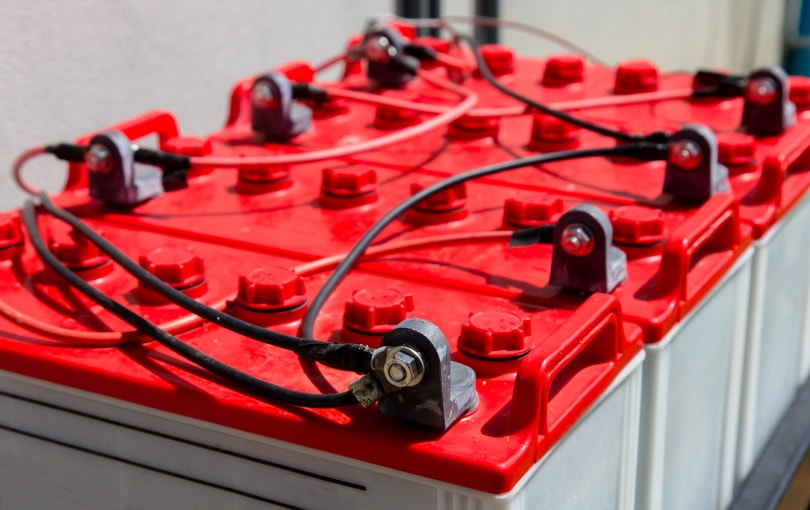
One of the first questions that you want to answer when you’re looking at going solar is how long the batteries last. Considering that it’s one of the most expensive components, it’s a reasonable question.
But while you can expect solar batteries to last anywhere from 5 to 15 years, that’s a large range to work with. That’s why we created this guide, to walk you through everything that you need to know about when you should expect to replace solar batteries, how to keep them going longer, and their replacement costs.
We’ll turn you into a solar battery expert in no time!
How Long Do Solar Batteries Last?
When you’re trying to determine how long your solar batteries will last, the first question that you need to answer is the type of solar battery that you’re using. There are three different types, which drastically affect their lifespan.
Here are the three different solar battery types and about how long you can expect each option to last.
Lead Acid
Lead-acid batteries are the original solar battery option. They’re by far the most affordable option, but they don’t last the longest. If you go with a lead-acid battery, you can realistically expect them to last closer to the 5-year mark unless you’re extremely lucky.

Saltwater
Saltwater solar batteries are a newer option, and they come with a list of advantages. For one thing, they’re much easier to recycle, and they are also less corrosive than typical batteries.
Saltwater batteries typically last longer than lead-acid batteries, but they don’t last quite as long as their lithium-ion counterparts.
Lithium-Ion
Lithium-ion batteries are the gold standard when it comes to solar batteries, but they’re also the most expensive. Furthermore, since lithium-ion is in short supply, those costs are only expected to rise.
However, if you are willing to spend more to acquire these batteries, you’ll get the longest possible shelf life. If you properly care for lithium-ion batteries, there’s a good chance that you can get the full 15-year shelf life.
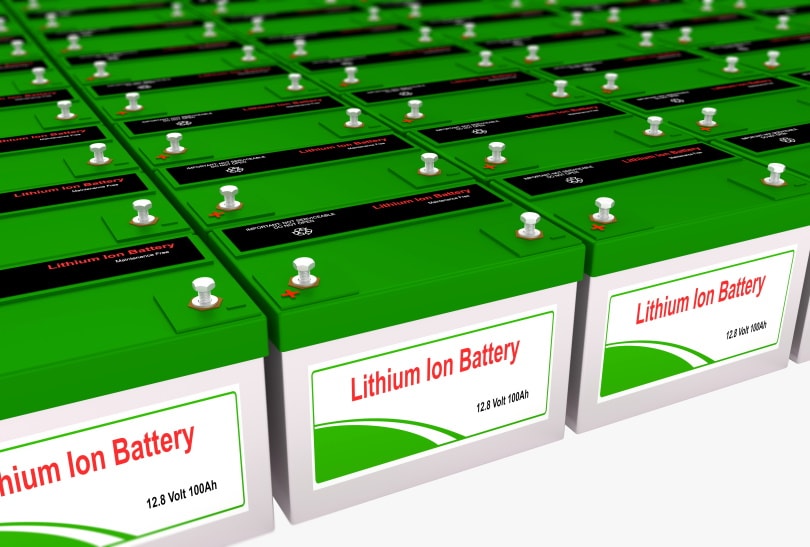
How Can You Extend the Life of Your Solar Battery?
No matter what kind of batteries you have, if you want to get the most out of them, you’ll need to properly care for them. There are a few different things that you need to do to keep your batteries working.
Pick Your Storage Spot Wisely
If the environment is too hot or too cold, your batteries won’t last nearly as long as they should. Extremely cold environments make the batteries work harder to hold and use a charge, while environments that are too hot will lead to battery degradation.
You want to keep your battery in an environment between 40- and 80-degrees Fahrenheit, but ideal temperatures between 60 and 70 degrees.
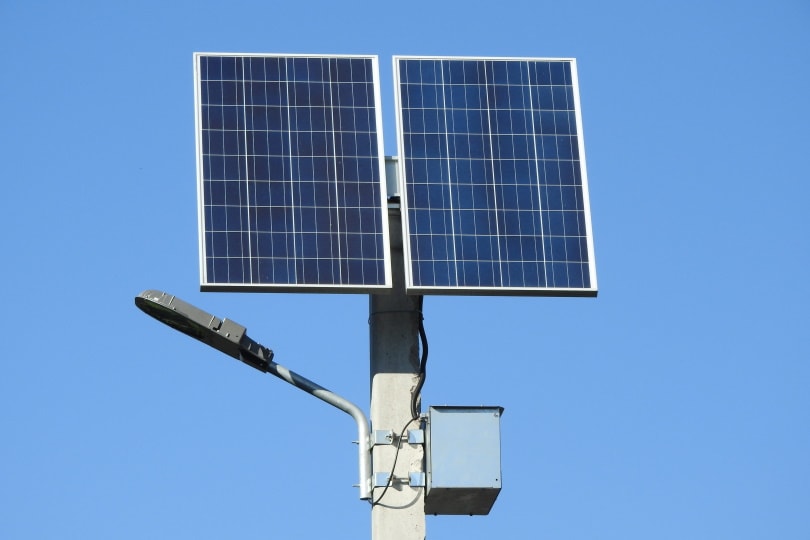
Rotate the Batteries
This is only relevant if you have a large battery bank, but if you do, it’s an important tip. Batteries in the middle of the bank don’t get the same charge as those on the edges. So, if you don’t rotate them periodically, they won’t wear evenly.
We recommend rotating the batteries every 3 to 6 months, but the most important thing is that you pick an interval and stick with it.
Use Large Battery Interconnect Cables
The cables carry all the charge, and the interconnect cables connect each battery to each other. If the cables are small, they’ll carry more resistance, which means the battery has to do more work to charge everything.
It might not seem like a big deal because it doesn’t change the resistance that much, but over time, this extra work wears down the battery and leads to you replacing it sooner.
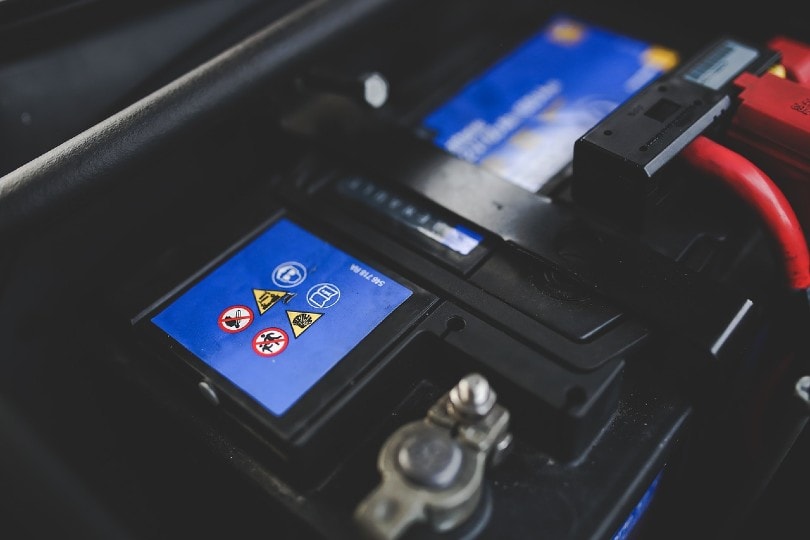
Charge and Use Them!
To work properly, you need to charge and use the batteries. Keeping them in storage leads to calcification, but when you use and charge them, you keep everything moving, which keeps the batteries working longer.
Only Use Distilled Water
Some people swear by electrolytes and other chemicals that you can add to your batteries. Don’t fall for it. For batteries that you need to maintain, all you need is distilled water.
Distilled water prevents rust and other harmful particulates from forming in your battery. Don’t add outside chemicals that can disrupt this balance and lead to a significantly shorter battery life.
How Much Does It Cost to Replace Solar Batteries?
It depends on the type of batteries that you purchase and the size of your solar system, but you can typically expect to spend anywhere from $5,000 to $30,000 to replace all the solar batteries in your system.
Lead-acid batteries tend to be on the low-cost side of things, but you can still expect them to run anywhere from $5,000 to $15,000, depending on the size of your system. Saltwater batteries are the mid-range option, and they typically cost between $9,000 and $15,000.
Lithium-ion batteries are the most expensive option, and they generally run $15,000 to $30,000 for a full set.
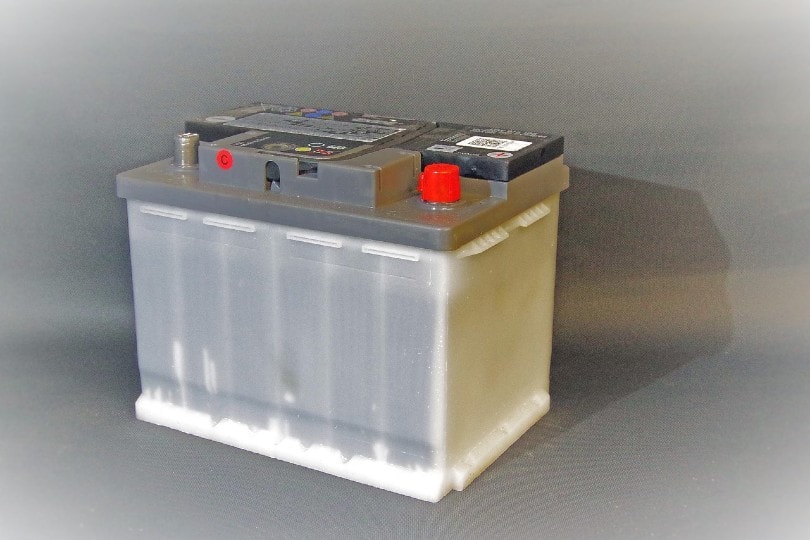
Final Thoughts
When you’re investing in a solar system, you need to go into it with your eyes wide open. While it can be a great way to lower your monthly energy bills and there’s no doubt that it’s great for the environment, you don’t want an expense to hit you by surprise.
So, take a step back now, and start saving for those replacement batteries. The batteries won’t last the life of the solar system, and it’ll be an expensive replacement bill when it eventually happens.
Featured Image Credit: siriwat wongchana, Shutterstock
Contents


